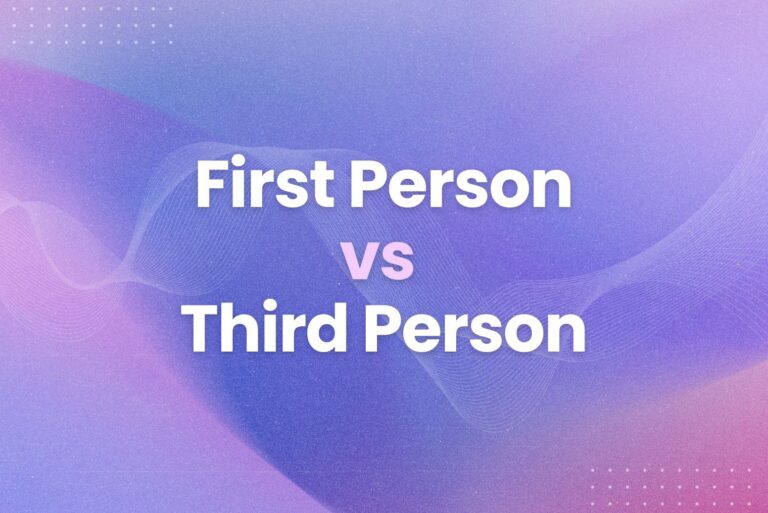Honor vs Honour: Which Spelling Is Correct? Explained
This spelling quirk has tripped up writers for ages. “Honor vs Honour”—which one is the real deal? It’s a question that pops up more often than you think, especially when writing for a global audience. We’ll untangle this spelling puzzle, so you can confidently choose the right version every time.
Here’s what we’ll explore:
- First of all, the geographical divide between honor vs honour
- Secondly, a simple trick to remember which spelling to use
- Then, when it’s okay to use either spelling
- In the end, how to avoid future mistakes
Let’s get started.
The Geographical Divide Between Honor vs Honour
The difference between “honor” and “honour” isn’t about right or wrong—it’s about location, location, location. Think of it like “color” and “colour.” Both are correct, just in different places. This is a classic example of how language evolves and adapts across different regions.
“Honor” is the American spelling. You’ll see it in U.S. publications, books, and everyday writing. It’s the standard spelling across the pond. For instance, the Medal of Honor, one of the highest military decorations in the United States, uses the “honor” spelling.
“Honour,” with the extra “u,” is the preferred spelling in most other English-speaking countries, especially those within the Commonwealth. This includes places like the United Kingdom, Canada, Australia, and New Zealand. So, if you’re writing for a British audience, “honour” is your go-to. The Queen’s Honours, for example, which recognize achievements and service in the UK, use the “honour” spelling.
This geographical split is the main reason for the confusion. It’s not about one being “better” than the other. It’s simply a matter of regional convention. Using the correct spelling shows respect for your audience and makes your writing look polished and professional.
A Simple Trick to Remember Which Spelling to Use
Okay, so we know where to use each spelling. But how do you remember which is which? Here’s a handy trick: think “U.S.” for “honor” (no “u”). Since the United States doesn’t have a “u” in its name, it’s easy to remember that they also don’t use a “u” in “honor.”
For everywhere else, just remember that most other English-speaking countries, especially those in the Commonwealth, do use the “u” in their spelling of words like “colour” and, therefore, also use it in “honour.” It’s all about associating the spelling with the region.
This little mnemonic can be a lifesaver when you’re unsure. It’s a quick and easy way to recall the correct spelling without having to overthink it. We all need little memory aids like this, especially when dealing with tricky spelling differences. This one’s short, sweet, and effective.
When It’s Okay to Use Either Spelling
While sticking to regional conventions is generally best practice. There are a few instances where using either “honor” or “honour” might be acceptable. This usually occurs in situations where you’re writing for a mixed audience or when you’re quoting someone.
If you’re creating content for a global audience, it’s sometimes acceptable to choose one spelling and stick with it consistently. This ensures clarity and avoids confusing your readers. However, it’s still a good idea to be mindful of your target audience and consider their preferences. For example, if the majority of your audience is in the UK, even if you have some US readers, using “honour” is the more courteous choice.
When quoting someone, always use their original spelling, even if it differs from your preferred style. This maintains the integrity of the quote and avoids misrepresenting the speaker’s words. Imagine you’re quoting a British politician. Even if you’re writing for an American publication, you would still use “honour” in the quote.
Finally, some organizations or publications might have their own style guides that dictate which spelling to use. Always check the relevant style guide before submitting your work to ensure it aligns with their requirements. Following style guides shows attention to detail and helps maintain consistency across different publications.
How to Avoid Future Mistakes
Now that you know the difference between honor vs honour, how can you make sure you use the correct spelling every time? Consistency is key, and there are a few strategies you can employ to minimize errors.
- First, pay close attention to your audience. Knowing who you’re writing for is the most important factor in choosing the right spelling. Are you writing for an American publication or a British one? This simple question will guide your choice. Think about where your readers are located and what their expectations might be.
- Second, use your tools wisely. Spell checkers are your friends. They can catch those little slips and help you maintain consistency. However, spell checkers aren’t perfect. They might flag correctly spelled words or miss some errors altogether. Therefore, always proofread your work carefully. A fresh pair of eyes can also be helpful.
- Third, consider using a grammar tool like Arvin. Arvin goes beyond basic spell checking. It can be set to recognize your preferred spelling (either “honor” or “honour”) and will flag any inconsistencies.
- Plus, Arvin can help you with other grammar and style issues, making your writing clearer and more polished. It’s like having a personal editor at your fingertips. Arvin’s AI-powered grammar check can also help you understand why a particular spelling is preferred in a certain context, which helps you learn and improve over time.
- Finally, practice makes perfect. The more you write, the more comfortable you’ll become with the different spellings. Try to be mindful of the spelling you’re using and make a conscious effort to apply the rules you’ve learned. Over time, it will become second nature.
Honor vs Honour: Arvin Keeps Your Writing Consistent
The honor vs honour debate isn’t about right or wrong, but about regional differences. Knowing where and when to use each spelling is key to clear and effective communication.
Here’s a quick recap on honor vs honour:
- Firstly, “honor” is the American spelling.
- Secondly, “honour” is used in most other English-speaking countries, especially those in the Commonwealth.
- Also, when in doubt, think “U.S.” for “honor.”
- Lastly, consistency is crucial.
Keeping your writing consistent can be a challenge, especially when dealing with tricky spelling variations. That’s where Arvin comes in. Arvin’s AI-powered grammar check can be customized to recognize your preferred spelling, ensuring your work is always polished and professional, no matter where your audience is.
FAQs About Honor vs Honour
Is it my honor or honour?
This depends on where you are and who you’re writing for. In the United States, it’s “my honor.” In most other English-speaking countries, including the UK, Canada, and Australia, it’s “my honour.”
Is it honor or honour in India?
“Honour” is the generally accepted spelling in India, as it follows British English conventions.
Is it honor or honour in Canada?
“Honour” is the standard spelling in Canada, reflecting its Commonwealth ties.
What is the difference between honor and honors?
“Honor” (or “honour”) refers to the concept of respect, dignity, or a code of conduct. “Honors” (or “honours”) is typically used as a plural noun to describe awards, achievements, or academic distinctions. For example, “He graduated with honors” or “She received many honours for her work.”





